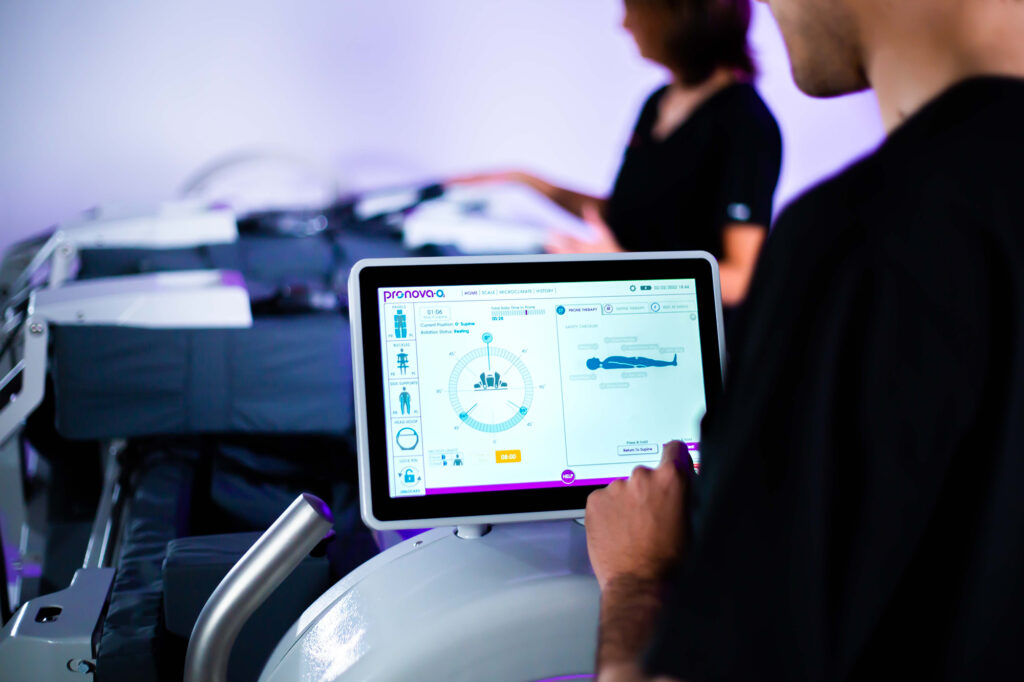
Nursing Staffing and Work Environments — How Automated Prone Positioning Can Help!
Speaking to an audience of healthcare professionals recently at the National Academy of Medicine, President of the American Association of Critical-Care Nurses (AACN) Beth Wathen highlighted many ongoing issues related to nursing that were exacerbated by the COVID-19 pandemic. Several of those issues were related to staffing and unhealthy work environments.
Wathen stated, “We’ve never before seen nursing, and therefore healthcare, in a crisis of this magnitude. If we embrace this crisis as an opportunity and work together, we have an unprecedented chance to transform our system and begin to put practices in place to ensure this dire situation does not happen again.”
Other recent articles have mentioned some of the causes of the crisis of staffing and work environments for nurses. Some of these issues include staff burnout, excessive manual processes, and staffing shortages. Automation of manual processes can help mitigate the risk for injury to nurses, increase throughput, and decrease staffing needs while improving nurse-to-patient ratios.
Prone positioning of a patient can require up to six to eight caregivers at the bedside when done manually. The provides an opportunity to transform how prone positioning is provided for critically ill patients, protecting patients and caregivers with automation.
Call us today and allow Turn Medical to guide your facility to successful implementation of automated prone therapy. Our clinical staff understands what it takes to make the changes needed to automate this manual process which places nurses at increased risk for injury every day.
The Pronova-O2 Automated Prone Therapy System provides a safe and efficient method for positioning critically ill patients. INQUIRE NOW to request a demo for your facility! For additional information on automated prone positioning, please visit turnmedical.com or call 1-855-275-8876.
Refer to Pronova-O2 Instructions for Use for full prescribing information including risks.






